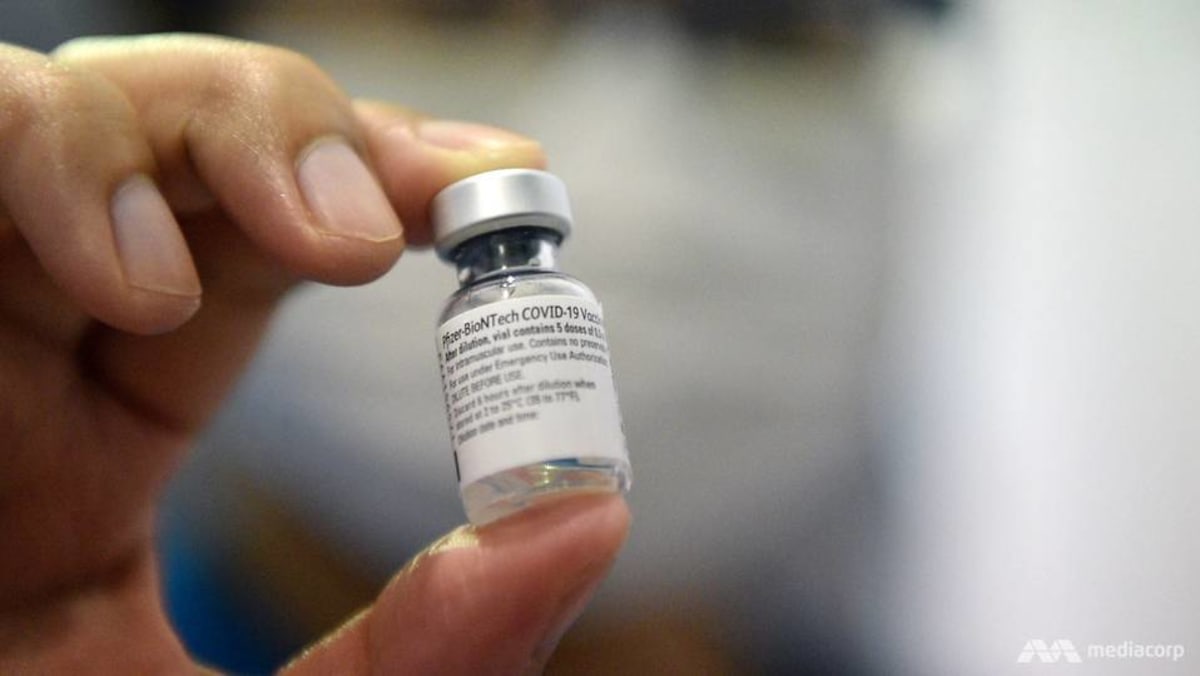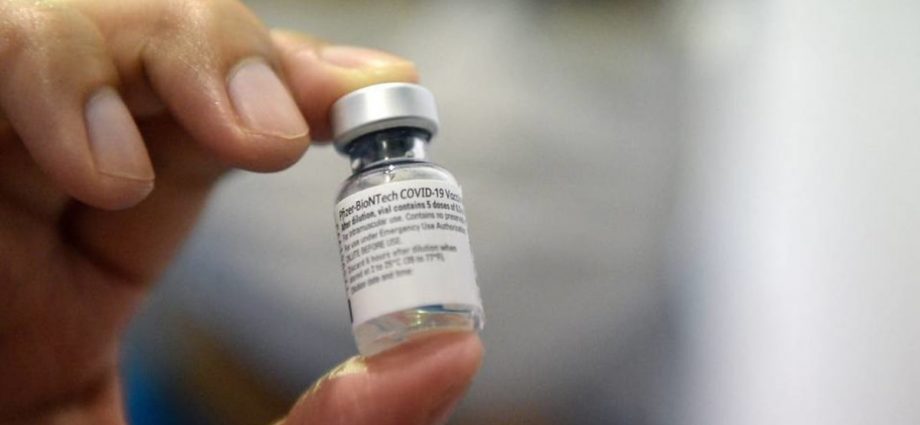
The Ministry of Health (MOH) said last October that about 10 per cent of Singapore’s COVID-19 vaccine stock had expired. Because of confidentiality agreements with vaccine suppliers, further details were not revealed then, said Mr Ong.
Giving an update on the figures on Tuesday, Mr Ong explained: “I would have preferred to be more transparent and forthcoming with the information. We have since discussed with the vaccine suppliers, and they have agreed we can reveal the total value of the expired vaccines, so long as we do not give further breakdowns of quantity that enable people to … estimate the cost of each dose of vaccine.”
Singapore has tried to donate spare vaccines but there have been no takers because of an oversupply of vaccines worldwide.
“Manufacturers have ramped up their production capacity and demand has been going down as the pandemic stabilises,” Mr Ong said.
He added that while the percentage of expired vaccines is likely to rise to close to 25 per cent as more vaccines expire, it should thereafter “stabilise”.
MULTI-FACETED VACCINE STRATEGY
Mr Ong stressed that Singapore must remain prepared in case a dangerous variant of concern emerges. And looking ahead, its vaccine strategy will involve a number of different aspects.
For one, MOH will maintain and “periodically refresh” an adequate stock of COVID-19 vaccines, he said. This will ensure the continued protection of the elderly and vulnerable as needed, as well as facilitate a rapid response should there be a major or more severe pandemic wave.
In addition, Singapore will maintain a “network” of vaccination centres – primary care clinics, polyclinics and a “baseline footprint” of between five to 10 Joint Testing and Vaccination Centres, said Mr Ong. This will allow booster doses to be given to people aged 50 and above as well as the medically vulnerable, within three weeks, if needed.
Singapore is also negotiating agreements to secure early access to vaccines against other pathogens with pandemic potential, added Mr Ong. It will also invest in vaccine research and development.
There are plans to have six vaccine manufacturing plants in Singapore, he revealed. Singapore will also continue to do its part to strengthen global health security, supporting fair and equitable access to vaccines.

